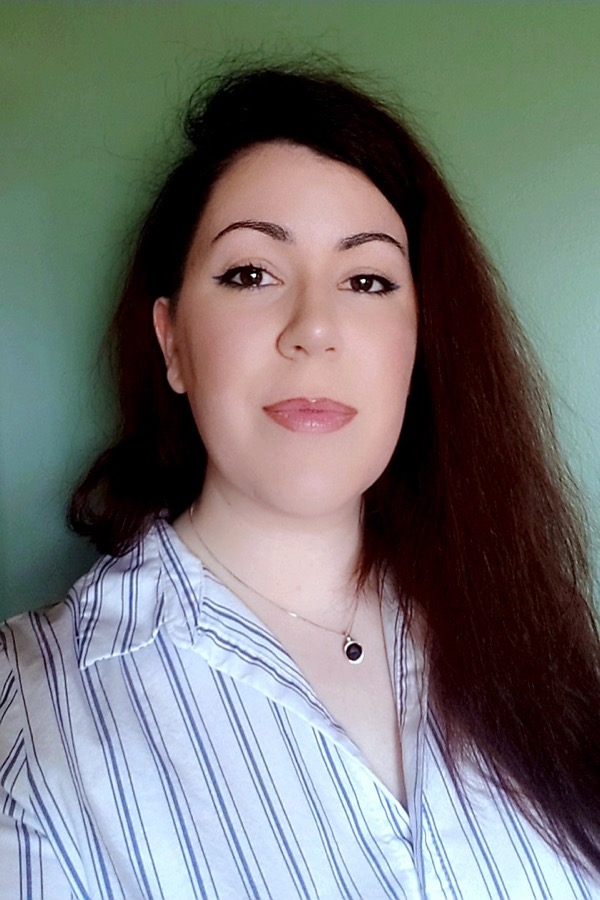Ms. Kaitlin Pilipovic, MS, LCAC

Education
School:
Indiana University Northwest
Degree:
Master of Science in Clinical Counseling
In a world where we’ve come to expect expediency with everything we do, every item we click, every call we make, every email we send; there’s a crucial element that can fall through the cracks without our notice: Ourselves. Healing isn’t one size fits all, but it – we – deserve the effort nonetheless. The reality is that healing requires change and the willingness to be vulnerable, but you don’t have to do it alone.
With five years of professional experience in the field of substance use/addiction, I seek to provide hope, education, resources, and effective coping tools for recovery. I have a history of working with multiculturally diverse populations from teens to adults (ages 16 – 80) inside of correctional, MAT, community, IOP, and private settings. Similarly, my dual diagnosis training has allowed me to be a resource and advocate for those struggling with PTSD/trauma, depression, anxiety, suicidal ideation, and LGBTQIA+ issues, with competency training in modalities like CBT, MI, Mindfulness, and trauma-informed care.
Substance use can feel like the ‘click here now’ fix-it-all button to everything that came before; to everything hurting just under the surface. Therapy can be the collaborative journey to rewrite your narrative and allow you to take charge over your life and mental health. To be here today is choosing to heal!
Issues Treated
Alchohol Use
Anger Management
Anxiety
Bipolar Disorder
Chronic Relapse
Coping Skills
Depression
Dual Diagnosis
Grief
Self Esteem
Suicidal Ideation
Transgender
Trauma and PTSD
Gay
Specialties
AddictionDual Diagnosis
Coping Skills
Session Types
TelehealthIndividual Therapy
Age Specialties
Elders (65+)Adults
Adolescents / Teenagers (14 to 19)
Preteens / Tweens (11 to 13)
Types of Therapy
IndividualsGroup
Adlerian
Cognitive Behavioral (CBT)
Compassion Focused
Dialectical (DBT)
Gestalt
Interpersonal
Mindfulness-Based (MBCT)
Motivational Interviewing
Multicultural
Person-Centered
Strength-Based
Trauma Focused
